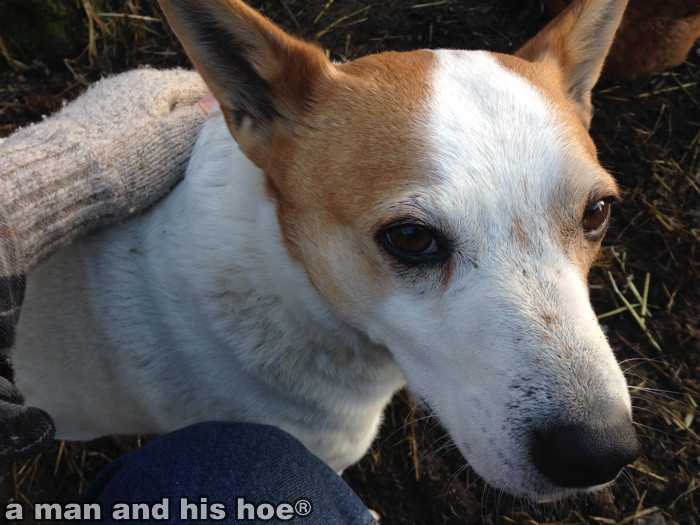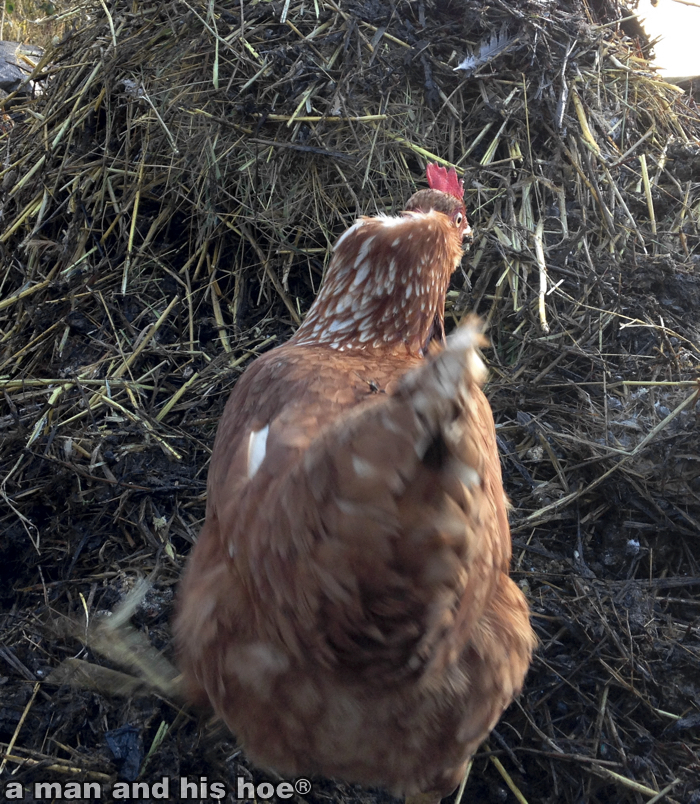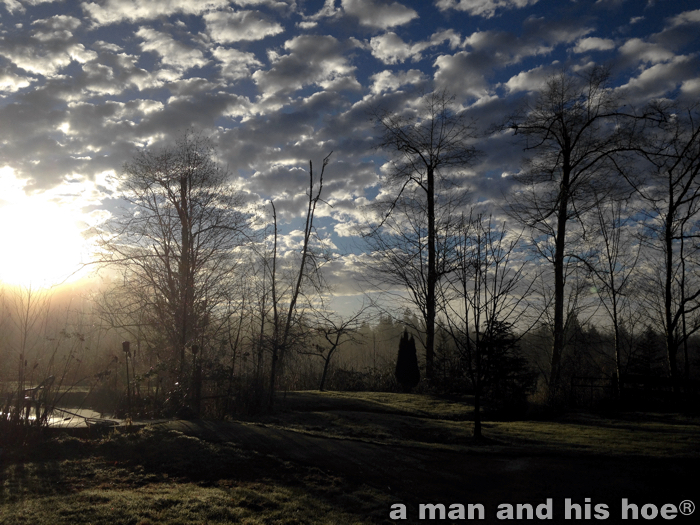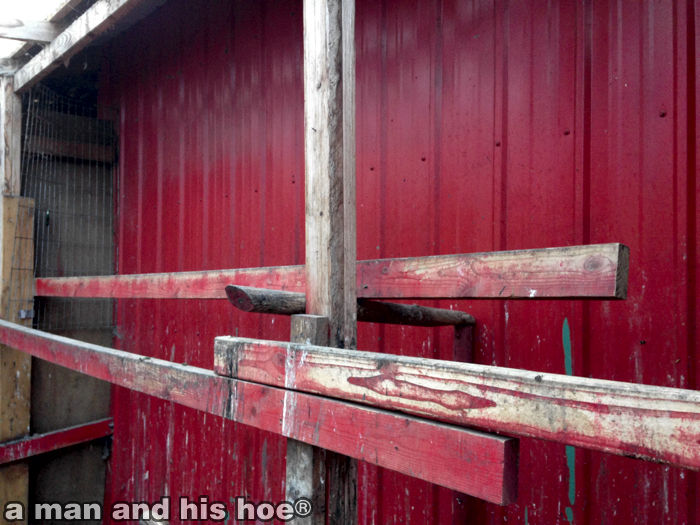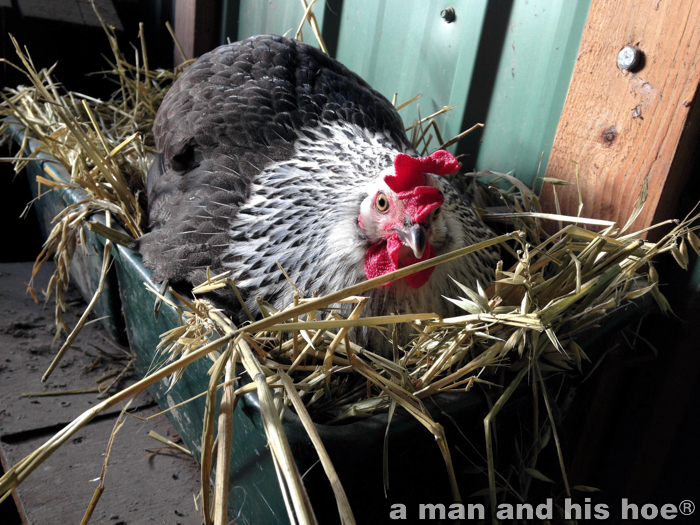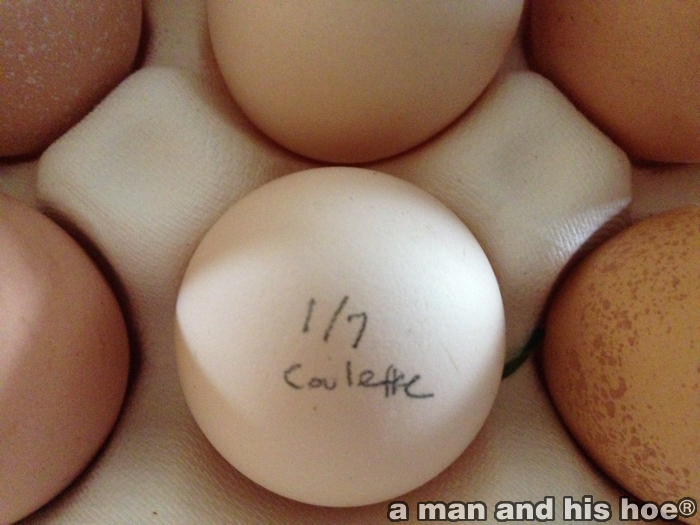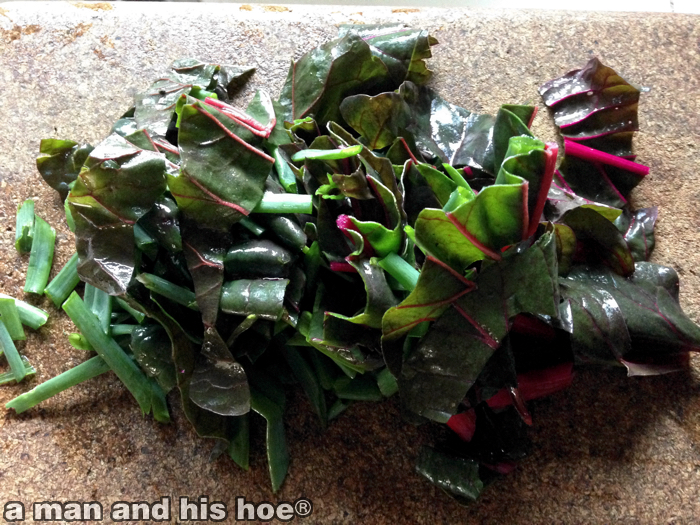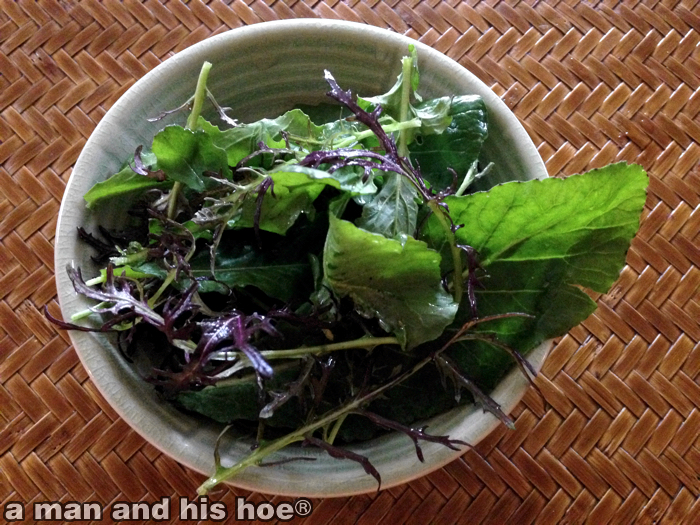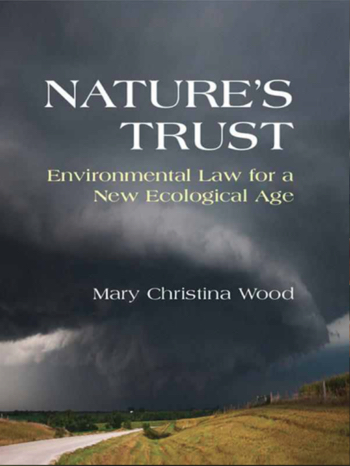 This is a meaty book by Mary Christina Wood, Professor of Law at University of Oregon. In the book she describes how environmental law has failed to keep our environment safe. Instead of protecting the environment, it is often usurped by industry to destroy the environment.
This is a meaty book by Mary Christina Wood, Professor of Law at University of Oregon. In the book she describes how environmental law has failed to keep our environment safe. Instead of protecting the environment, it is often usurped by industry to destroy the environment.
An issue with environmental laws is that they rely on government agencies to enforce them, and these agencies often have the authority to issue permits to damage Nature. As a result, they regularly issue permits to destroy many natural resources.
The problem is that our environment is governed by Nature’s laws, and Nature doesn’t pay any attention to laws written by people. Add pesticides to an ecosystem, and it will collapse. Change the chemistry of a bay, and the creatures that lived there will suffer. We can’t live healthy lives without a clean, functioning environment. And yet we are now violating Nature’s law on a global level that affects the earth’s atmosphere, oceans, and biodiversity. We are destroying the fabric of our environment, despite all our laws designed to protect it, that we are in danger of making our planet uninhabitable.
I especially liked this observation:
As part of the problem, industrialization has estranged people from their own survival. Many citizens live so detached from food production, water collection, and shelter provision that they remain oblivious to the basic connection between ecological health and human need.
Until I started growing food and raising chickens, I had romantic notions as to how plants grew and what animals needed to live happy lives. Now I realize that nothing is more important to our food production than a clean, healthy environment. It’s impossible to grow food without the help of billions and billions of bacteria, fungi, insects of all sorts, thousands of bee helpers, wasps, butterflies, not to mention clean air and water.
We often think of nature as being apart from us, but the ocean and forests are our lungs. We can no more take a breath without them as we could without our lungs. Pollute and destroy the oceans and earth, and you might as will rip your lungs out. The earth is an extension of our digestive system. Without it, our wastes would not be cleansed and reused. We all poop and that poop just doesn’t disappear into some never-never land when we flush it down the toilet. Eventually it comes back into our mouths in the form of food. Our well-being is tied to the well-being of all other life on earth.
To emphasize the failure of our environmental laws, Ms. Wood writes:
Despite its elaborate environmental laws, the United States has wiped out more than half (53 percent) of its wetlands and nearly all (90 percent) of its old-growth forests. At least 9,000 species face risk of extinction in the United States, according to the Council on Environmental Quality … Rather than safeguarding ecology, today’s environmental law serves as the cane on which humanity leans as it walks the plank toward its own destruction.
Mary Christina Wood’s solution to the ineffective quagmire of environmental regulation, is to treat Nature as a public trust, something the government is obligated to protect for the survival and welfare of citizens, and not just the citizens of today, but to all future generations of citizens. The government has a duty to see that future generations inherit an environment that can sustain them. “A government’s trust duty requires administering the natural endowment strictly on behalf of the people, rather than to favor singular interests.”
Ms. Wood recognizes that transforming the current legal framework which sanctions the environmental destruction we witness every day will not be easy. But she points out that legal frameworks change continuously. It was not that long ago in history that the law allowed people to buy and trade slaves. There are many examples of the law changing in ways unimaginable. Fifty years ago it would have been unthinkable that in most of the USA, gays would be allowed to get married. Now, when another state accepts it, it’s barely newsworthy.
Ms. Wood describes numerous historical legal cases where courts have forced the government to act. For example, in the case of the right of education, courts have described this as a “positive right” and required states to provide sufficient education. By invoking an injunction, courts may forbid a harmful action from occurring and compel affirmative action.
She envisions a future where Nature is treated as a trust which the government has a duty to protect in perpetuity for all citizens.
A trust construct intertwines multiple moral understandings, including:
(1) an ethic toward future generations;
(2) an affirmation of public rights to natural assets;
(3) a condemnation of waste;
and (4) a duty to other living creatures.
Well aware of the influence industry has on our lawmakers and courts, it’s hard to envision government becoming a trustee capable of ensuring that the earth’s environment is protected, so that tens of thousands of years from now, there will still be an inhabitable environment. But Ms. Wood believes that the state of the environment is in such dire straits, that our survival depends on it. But we do have inalienable ecological rights, and it is up to protect them, for us, and for those who come after us.
As she points out in her book, this obligation to protect the environment for future generations was recognized back in 1895 by the US Government when it made this argument in a legal brief in the Fur Seal Arbitration between the U.S. and Great Britain.
The earth was designed as the permanent abode of man through ceaseless generations. Each generation, as it appears upon the scene, is entitled only to use the fair inheritance. It is against the law of nature that any waste should be committed to the disadvantage of the succeeding tenants…. That one generation may not only consume or destroy the annual increase of the products of the earth, but the stock also, thus leaving an inadequate provision for the multitude of successors which it brings into life, is a notion so repugnant to reason as scarcely to need formal refutation.
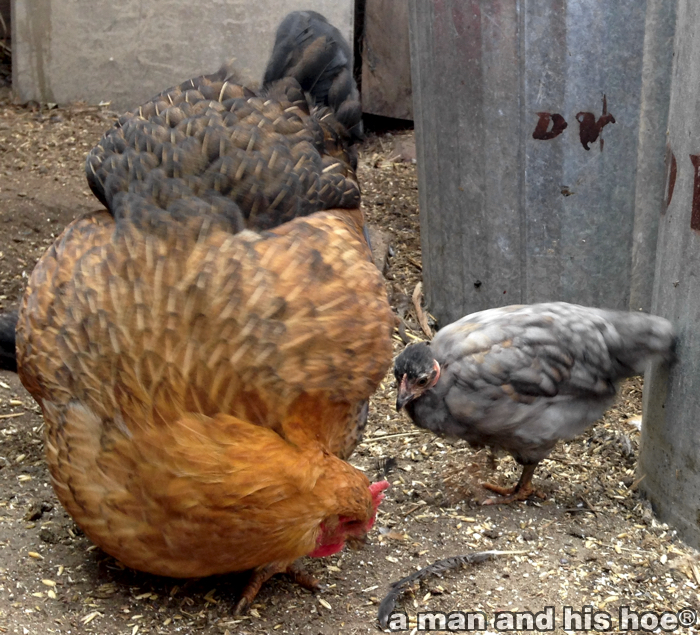
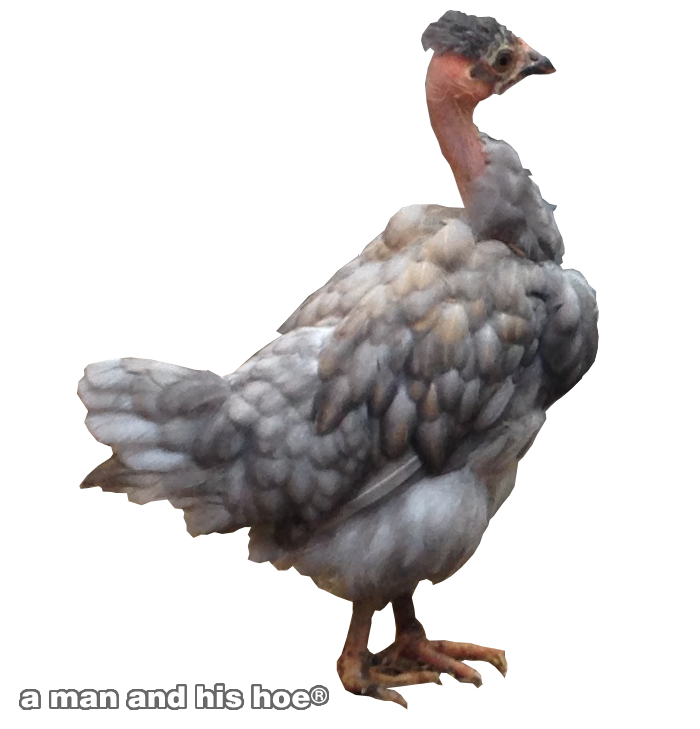
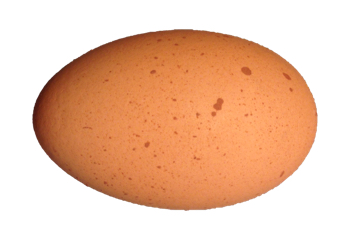 And this is Hazel’s egg, the very egg from which the chick hatched. It all starts with a simple egg. Though, I guess if you think about it, eggs are hardly simple things. They are quite complicated, amazing feats of hengineering.
And this is Hazel’s egg, the very egg from which the chick hatched. It all starts with a simple egg. Though, I guess if you think about it, eggs are hardly simple things. They are quite complicated, amazing feats of hengineering.